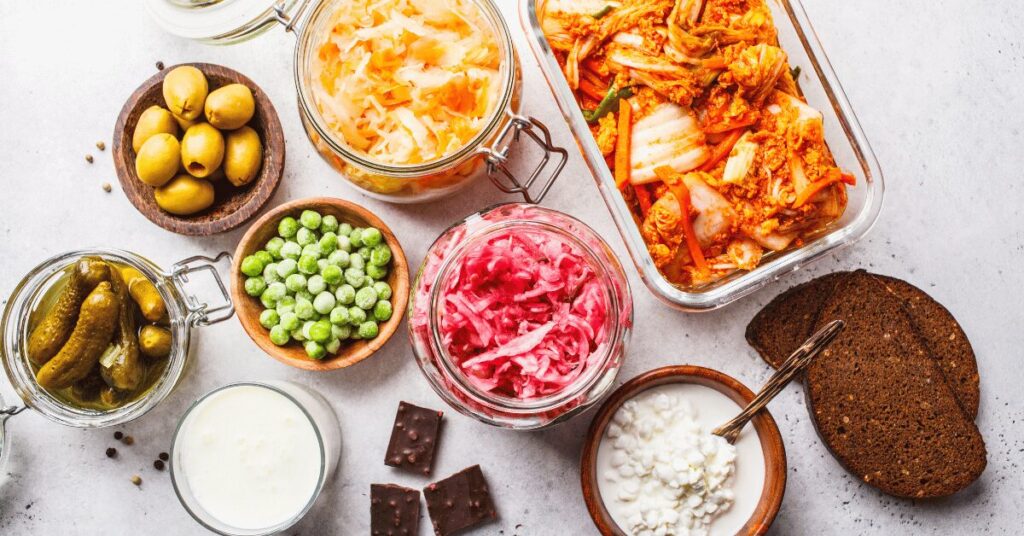Maintaining a healthy digestive system is key to overall well-being. Our digestive health impacts our energy levels, immune system, and even our mental health. By adopting a few simple habits, you can support a happy gut and enjoy a more vibrant life.
1. Embrace a Balanced Diet
A well-balanced diet is the foundation of good digestive health. Incorporate plenty of fiber-rich foods, such as low-sugar fruits (berries are ideal), vegetables (especially leafy greens), whole grains, and legumes, into your meals. Fibre helps regulate bowel movements, prevents constipation, and supports a healthy gut microbiome.
2. Stay Hydrated
Proper hydration is vital for optimal digestion. Aim to drink 2- 3 litres of water daily. Staying hydrated helps soften stools, prevents dehydration-related digestive issues, and supports the overall functioning of your digestive system.
3. Mindful Eating
In our fast-paced lives, we often rush through meals, but it’s important to slow down and practice mindful eating. Chew your food thoroughly, savour the flavours, and pay attention to your body’s hunger and fullness cues. This helps stimulate the release of digestive enzymes and aids in efficient digestion.

4. Manage Stress
Believe it or not, stress can wreak havoc on your digestive system. Chronic stress can lead to digestive problems like acid reflux, stomach ulcers, and irritable bowel syndrome (IBS). Engage in stress-reducing activities such as yoga, meditation, deep breathing exercises, or hobbies you enjoy to promote a calm and healthy gut.
5. Regular Exercise
Regular physical activity not only benefits your cardiovascular system but also supports a healthy digestive system. Exercise helps stimulate intestinal contractions, preventing constipation and promoting regular bowel movements. A 30-minute brisk walk most days of the week and a few sessions of resistance training is a great level of exercise for most people.

6. Get Sufficient Sleep
Quality sleep is essential for maintaining optimal digestive health. Lack of sleep may disrupt the body’s natural digestive processes, leading to issues like indigestion and an imbalanced gut microbiome. Strive for 7-9 hours of uninterrupted sleep each night to support a healthy gut.
7. Limit Processed Foods & Sugar
Processed foods and excessive sugar can disrupt the balance of beneficial gut bacteria. Opt for whole, unprocessed foods whenever possible and reduce your intake of sugary snacks and beverages.
8. Probiotics & Fermented Foods
Probiotics, often referred to as “good bacteria,” help maintain a healthy gut microbiome. Incorporate probiotic-rich foods into your diet, such as yogurt, kefir, sauerkraut, kimchi, or kombucha and consider high-concentration probiotic capsules. These foods promote gut health by supporting beneficial bacteria growth and aiding digestion.

9. Limit Alcohol & Caffeine
Excessive alcohol and caffeine consumption can irritate the digestive tract, leading to acid reflux, heartburn, and inflammation. Moderation is key; limit your intake of these substances and opt for healthier alternatives like herbal teas or infused water.
10. Listen to Your Body
Lastly, pay attention to your body’s unique needs. If you consistently experience digestive issues, consider keeping a food diary to identify trigger foods. Consult with a healthcare professional support as there could be an underlying cause.
By implementing these tips into your daily routine, you can support optimal digestive health and unlock a happy gut. Remember, small changes can make a big difference. Embrace a balanced diet, manage stress, engage in regular exercise, and prioritise self-care. Your digestive system will thank you, and you’ll enjoy improved overall well-being.
If you need help with gut symptoms, or if you are experiencing a change in bowel habits or bloating, you should see a doctor. Book online or call us today.

















